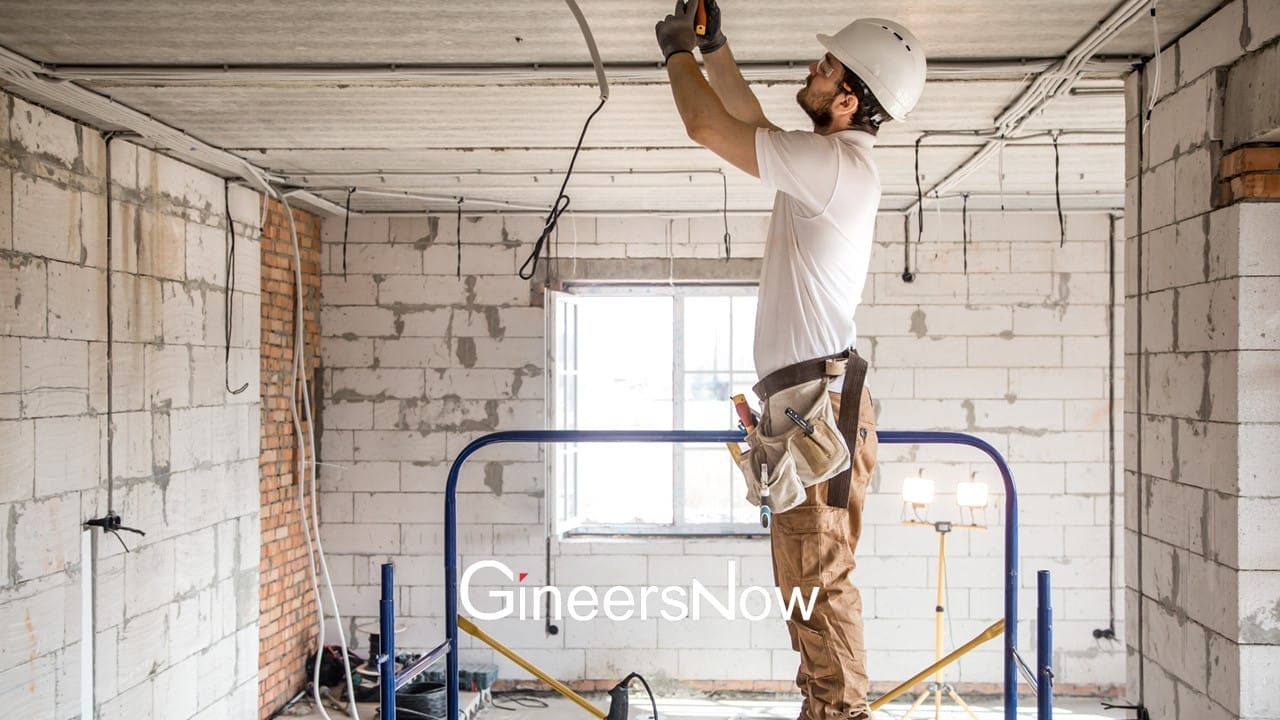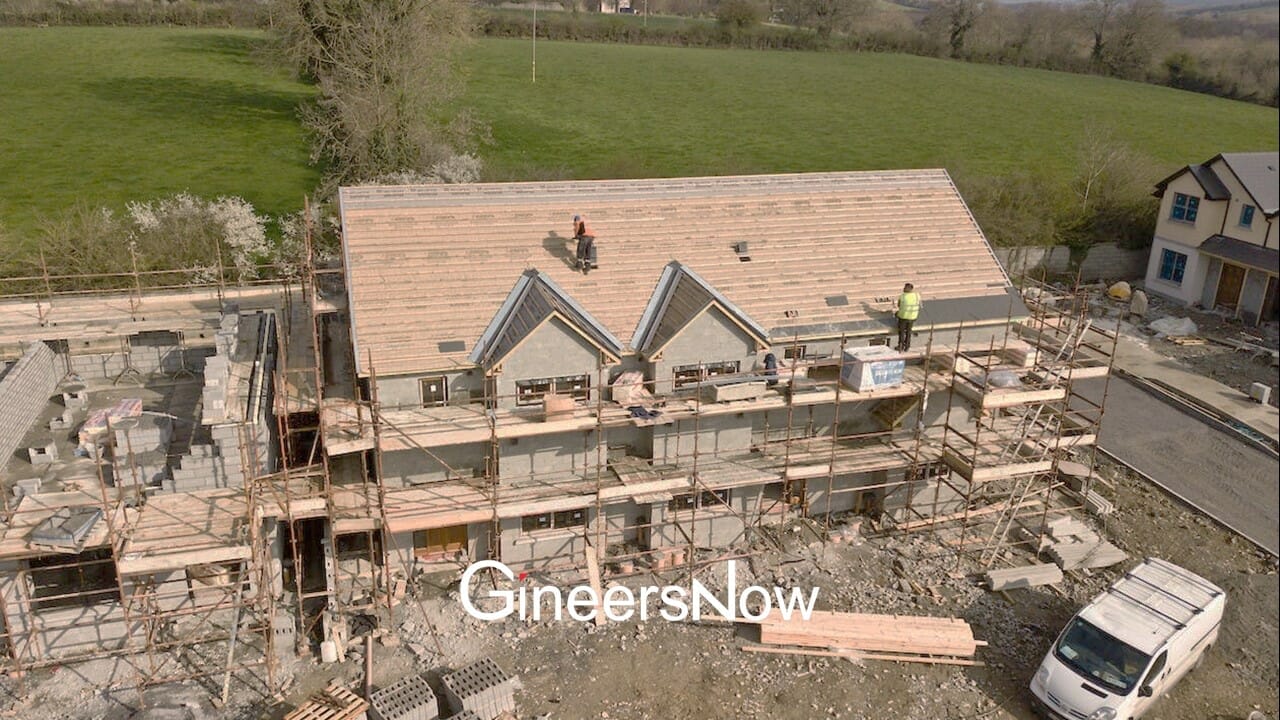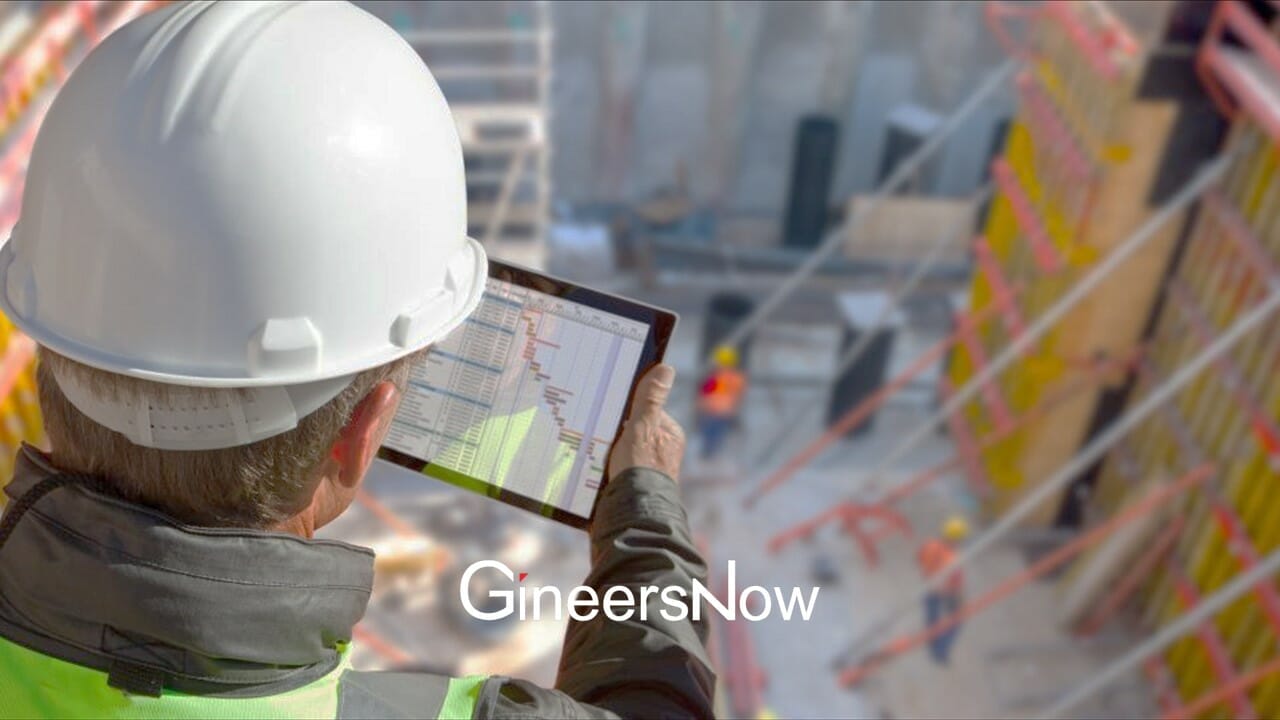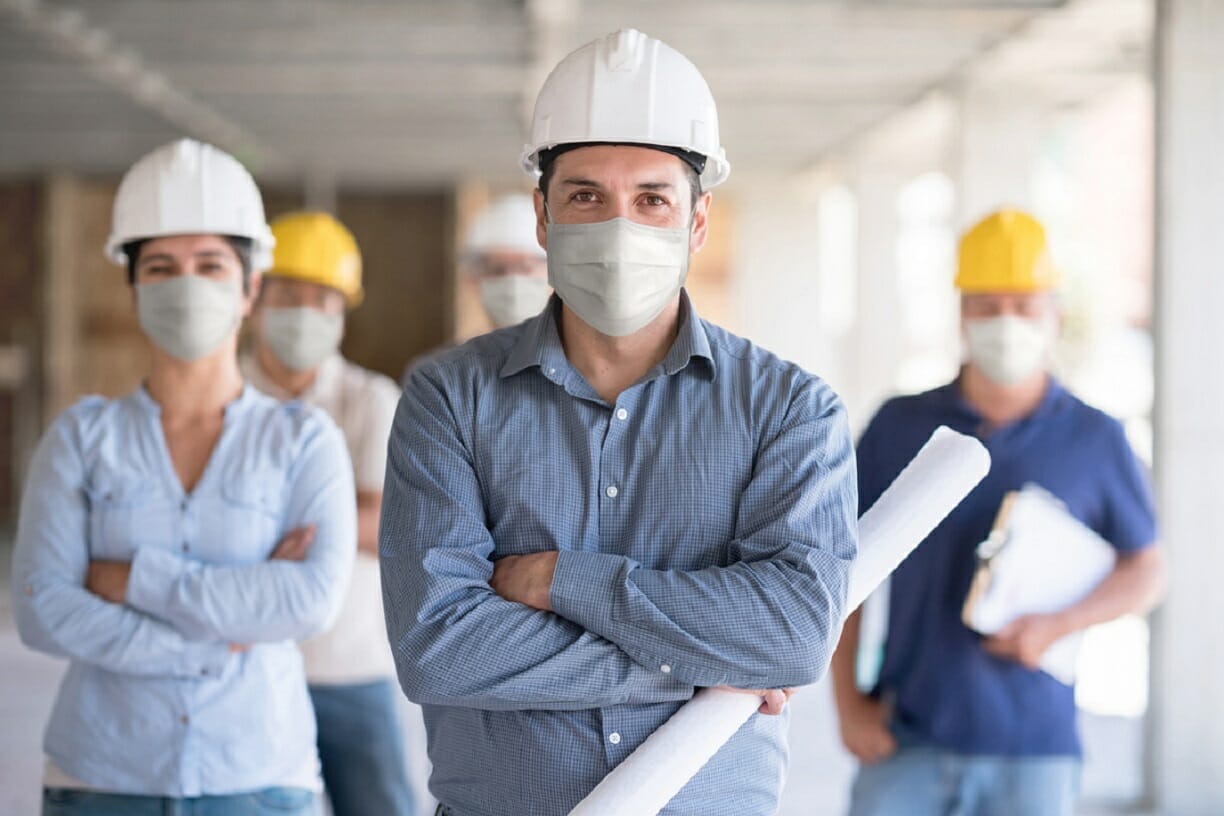Soil Stabilization for your Construction Project
Soil stabilization is a physical or chemical engineering treatment process that increases and, in other cases, maintain the stability of the soil, while also improving the soil’s engineering properties.
If you are preparing a construction site, one of the first, and the most important things you ought to do is to stabilize the soil. The catch, however, is that most of the traditional options are not viable, and they might not work as well as expected. In the past, your options would include the need to assess the site and then substitute the poor grade soil with soil aggregates that have higher and more favorable engineering properties; finding a different construction site; and if the current state/ structure of the soil didn’t cause too much of an alarm, then you might have to work on modifications to the site to make sure that the soil structure suits the engineering properties required. Unfortunately, these options are always the most effective, and they are also quite expensive, and this is where soil stabilization comes in – it is more feasible, and it offers the best results.
Depending on the type of soil at the construction project site, the stabilization process would bolster all the physical properties of the soil (for example, clay soil), which means a reduction in the soil’s swell potential and the prevention of damage to the foundation because once the soil is strong and durable, it means that no amount of rain would allow the soil to crack/ swell.

How does soil stabilization work?
An environmentally friendly process, soil stabilization starts off with an ionic reaction that results in the waterproofing of the soil. With rainfall as the biggest cause of soil swelling, because water will soak the dirt and cause its expansion, stabilization prevents any of this from happening.
Done correctly, soil stabilization is the best investment you will make into your construction project site. Some of the benefits of the process include:
- Cost-effectiveness – by resolving the problem early on in the construction process, you avoid long-term cost implications that would spring up from the weakening of the soil.
- It’s eco-friendly – the best soil stabilization processes use safe chemicals and techniques that do not cause any damage to the earth, even using less water.
- It is a fast service – soil stabilization will not cause delays in the construction project timelines.
- Chemical soil stabilization is reliable – This process involves the addition of chemicals to the soil, hence the altered structure of the soil. The chemical used would seep through and seal all the spaces between the particles, leaving no room for rainwater to percolate through. Calcium chloride, Sodium chloride, and sodium silicate are some of the most common soil, stabilization chemicals.
In addition to chemical stabilization, the other stabilization techniques include lime soil stabilization, bitumen soil stabilization, cement stabilization, and electric soil stabilization.
For the best long-term stabilization effects, you need to make sure that the assessment of the soil is done correctly and that the right stabilization process is used.
Done right, some of the benefits of soil stabilization include
- Lowered permeability
- Higher R/ Resistance values
- Reduced soil plasticity
- Reduction in the thickness of the pavements
- It enhances compaction
- It eliminates the need for excavation, importation of new materials and the exporting of the unsuitable materials
- It offers all-weather access to and within the construction site.


















